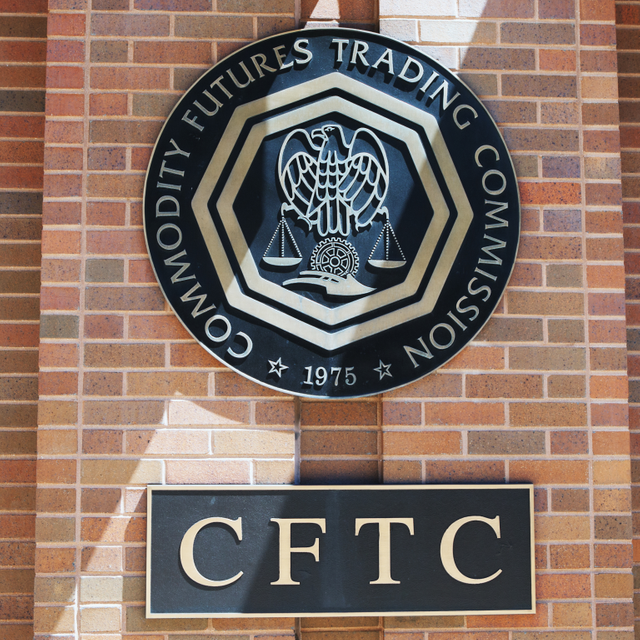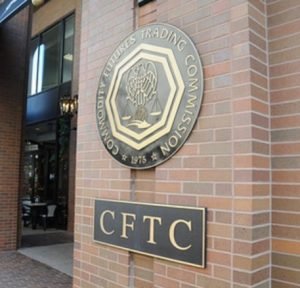
The US Commodity Futures Trading Commission (CFTC) is being challenged in court over its oversight of cryptocurrencies. The defendants argue that their tokens are not commodities, with no futures contracts, which the CFTC regulates. The outcome of this case could affect the Commission’s ability to police all future crypto frauds.
Also read: Yahoo! Japan Confirms Entrance Into the Crypto Space
Challenging the CFTC’s Power

The power of the CFTC over cryptocurrencies has reportedly been challenged in court. The case involving My Big Coin could determine whether the derivatives regulator “has the authority to combat fraud associated with cryptocurrencies,” Reuters reported on Wednesday.
Katherine Cooper, lawyer for the defense, explained that the CFTC should not have jurisdiction in this case, stating that “our argument boils down to the fact that because My Big Coin does not have future contracts or other derivatives trading on it, it is not a commodity,” and does not fall under the Commodity Exchange Act according to which the CFTC is the regulator.
The news outlet elaborated:
Lawyers watching the case say a ruling against the CFTC could affect its ability to police virtual currency frauds as the only one on which futures contracts are traded in the United States is bitcoin.
Gregory Kaufman, a lawyer with Eversheds Sutherland, believes that the outcome of this case “would have a chilling effect on the CFTC’s application of its powers in this area.”
Other than My Big Coin, the Commission has announced eight cryptocurrency-related cases to date, the publication noted, adding that U.S. District Judge Rya Zobel in Boston is set to hear the My Big Coin case on Thursday.
About My Big Coin Case

The case began in January when the CFTC sued Randall Crater and the company he founded called My Big Coin Pay Inc. The news outlet described, “The CFTC says the defendants misappropriated $6 million from 28 customers they lured by naming their virtual currency [My Big Coin] to sound like bitcoin and further claiming it was backed by gold.”
The Commission was given the authority over crypto in March when U.S. District Judge Jack Weinstein in Brooklyn “ruled for the first time that virtual currencies can be regulated by the agency as a commodity,” the publication conveyed. However, Crater’s lawyers argued:
The CFTC has no authority over the virtual currency because it [My Big Coin] is not a commodity like wheat or cotton or a service that is traded using futures contracts, the typical focus of the agency’s enforcement regime.
Nonetheless, Neal Kumar, a lawyer at Willkie Farr & Gallagher, was quoted explaining that “Crater may still lose because the Commodity Exchange Act defines services as commodities not just when they currently have futures contracts associated with them but in the future could.”
Do you think the CFTC should have jurisdiction over all cryptocurrencies? Let us know in the comments section below.
Images courtesy of Shutterstock and CFTC.
Need to calculate your bitcoin holdings? Check our tools section.
The post US Regulator’s Power Over Crypto Challenged in Court appeared first on vipcryptosignals.com.
Telegram: Vip Crypto Signals